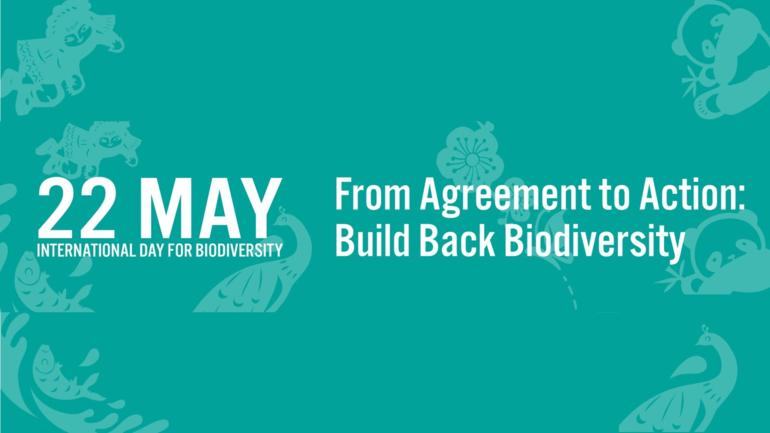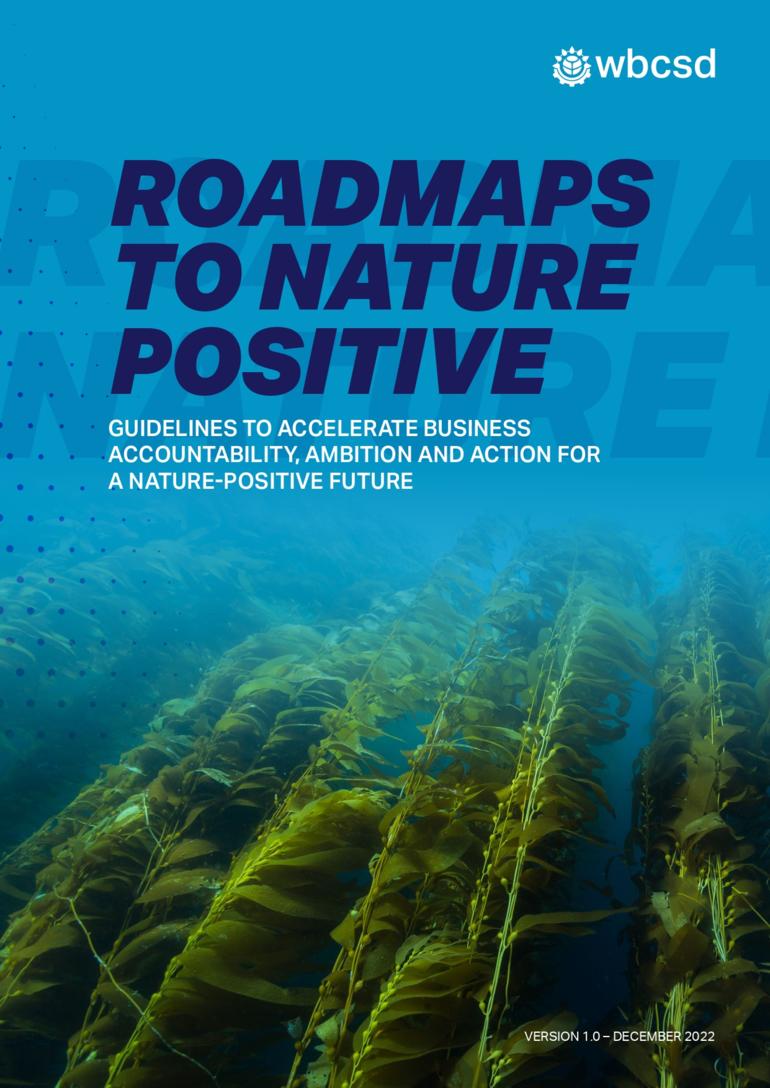Roadmap to Nature Positive for the Energy System
The energy system has broad and significant impacts on nature and, at the same time, is highly dependent on it. Meanwhile, as energy is used by almost all businesses and domestic households, the energy system also has great potential to drive nature positive change – within its value chain and beyond. At WBCSD, we bring together companies from across the energy value chain to tackle the challenges of the complex and broad nature agenda.
The challenge
Disruptions resulting from nature loss are creating direct and indirect risks for energy companies – from physical and operational risks to transition risks, such as societal, regulatory, legal and reputational, up to broader systemic risks arising from the breakdown of an entire system. Additionally, investors, governments, consumers, NGOs and other stakeholders are increasingly expecting energy companies to be transparent on the impacts and dependencies of their businesses on nature as well as on their action plans to address and mitigate risks.
The business case
Nature-related risks can be transformed into opportunities. Businesses that sustainably manage natural resources have a competitive advantage compared to their peers that do not, particularly in the eyes of investors and lenders. Moreover, reporting on their nature-related materiality and strategy allows energy companies to comply with regulatory requirements such as the EU Taxonomy and the Corporate Sustainability Reporting Directive (CSRD), also preparing for mandatory disclosure requirements in other geographies.
The solution
Within this project, our members collaborate to address the main challenges encountered when designing and implementing an ambitious and impactful nature positive strategy. We assist them by delivering guidance on how to perform a materiality assessment, set quantifiable targets, identify and implement relevant actions, support enabling policy and disclose progress. The project also integrates and underpins the implementation of key frameworks such as TNFD and SBTN.










